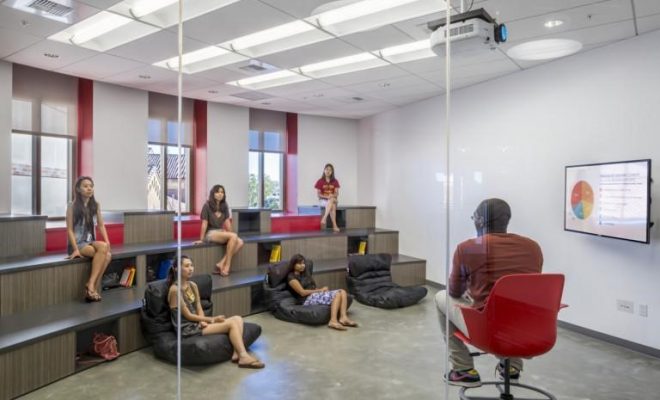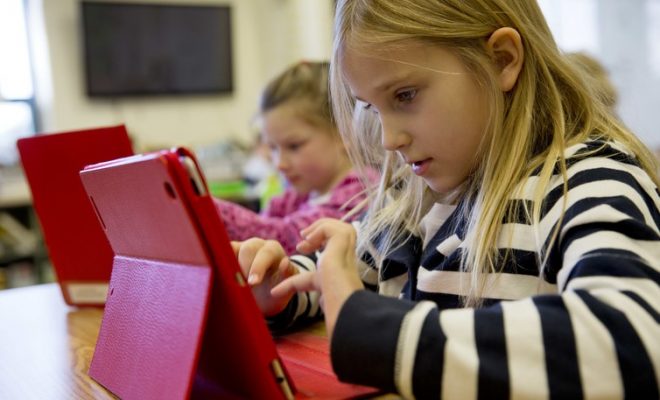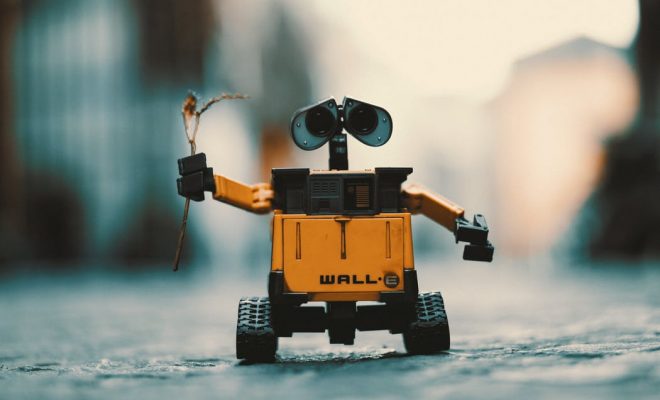How Technological Singularity will Change Schools

John von Neumann was the first to see it coming: eventually, the capacity of machine intelligence would surpass that of the human race. His work with algorithms and quantum mechanics opened the door for exponential growth in computers. As people and computers raced toward super-intelligence, computers would eventually win out, leaving humans behind.
That is the moment of singularity.
Our collective body of knowledge is doubling at a rate of every twelve months; that number will narrow to every twelve hours before we reach technological singularity.
Because schools are in the knowledge business, there are some far-reaching implications for what and how schools teach.
Who matters most
Already it has become impossible to teach everything we know in twelve scant years.
Our instructional focus must be on who we want our children to become instead of what we want them to know. Students can look up the knowledge they need; we must teach them how to think and solve problems. To become tomorrow’s problem-solvers, our children must engage in process-based learning today.
Change the approach
The factory model of education is no longer relevant. Arranging students in rows and disseminating information was efficient but hardly inspiring.
Learners today require a different approach and a more relevant curriculum. Dr. Peter Diamandis suggests that elementary schools, in particular, revise what they teach to:
· Building communication skills
· Identifying passion
· Encouraging curiosity
· Developing perseverance
· Mastering technology
· Practicing empathy and ethics
Of course, students still must learn to read and write, solve mathematical problems, and learn how to build and code for technology. As we modify the content, we must also change the way we teach.
The race to singularity has brought educational technology that augments the teacher’s work, making it possible to provide every student with what he or she needs. The teacher no longer serves as the focus of the classroom. Instead, educators are process guides.
Embrace current technology
Schools that rely on outdated delivery systems are preventing their students from being ready for the singularity – or any other kind of productivity when they become adults.
Technology is an integral part of the workplace, a tool for reaching goals and completing a job. Similarly, schools must adopt technology as a tool. Edtech has personalized the learning experience for students and replaced some of the tedious paperwork teachers once did. Virtual reality experiences provide hands-on learning opportunities, and
Too many schools view technology as a novelty. They have not upgraded their infrastructure to accommodate new devices, nor have they budgeted to bring relevant tech tools and devices into the classroom. Adopting new technology isn’t about purchasing what’s cool; it’s about what devices will best prepare students for who they want to become.
Technological singularity will transform schools, but preparing for it can’t wait for a later date. The time to prepare students for technological singularity is now, with the students enrolled in our schools this year.
The race is on. Scientists predict that we will reach singularity by the year 2045 – only one generation away.






